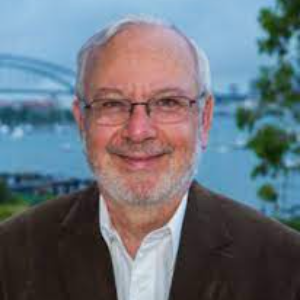Personalised medicine for CNS diseases
Neurodegenerative disorders are defined by progressive nervous system dysfunction caused by neuronal loss in the brain and spinal cord. Despite substantial research efforts targeted at developing new disease-modifying therapies, no viable medication to slow neurodegenerative processes has yet to be discovered. As a result, changing current therapeutic and diagnostic research methodologies is becoming more urgent. The absence of adequate biomarkers is the most significant restriction in neurodegenerative disease research. It appears to be a tall order to find universal biomarkers capable of identifying individuals with neurodegenerative disorders, evaluating their response to therapy, and forecasting disease progression. Personalized medicine refers to the development of medicines and treatment processes that are best suited for a specific patient, taking both genetic and environmental factors into account. Its purpose is to combine new biotechnological advances in order to better understand disease pathogenesis and patient care. New genomic and proteomic discoveries have also aided the development of tailored therapy strategies.
- Oxidative Stress
- Irreversible Neurological Disorders
- Rare Neurological Disorders
- Alzheimer’s
- Parkinson’s
- Multiple Sclerosis
- Therapeutic Advances

Bernd Blobel
University of Regensburg, Germany
Roy Gary Beran
University of New South Wales, Australia
Matthias Schwab
University of Tubingen, Germany
Thomas Webster
Interstellar Therapeutics, United States
Boris Tankhilevich
Magtera, Inc., United States
Isabella Friis Jorgensen
University of Copenhagen, Denmark


Title : The use of anti seizure medication therapeutic blood level determination to personalise the treatment of epileptic seizures especially in patients attending the accident and emergency department
Roy Gary Beran, University of New South Wales, Australia
Title : Personalized and precision medicine (PPM) can be established as a unique healthcare model through biodesign-driven and inspired biotech, translational applications. This approach aims to ensure human healthcare, wellness, and biosafety.
Sergey Suchkov, Institute for Biotech & Global Health of RosBioTech and A.I. Evdokimov MGMSU, Russian Federation
Title : Monitoring folds localization in ultra-thin transition metal dichalcogenides using optical harmonic generation
Ahmed Raza Khan, Australian National University, Australia
Title : A systematic review of regulatory approaches for Direct- To- Consumers (DTC) genetic testing
Kavitha Palaniappan, Duke-NUS Medical School, Singapore
Title : Regulatory framework of in vitro diagnostic and artificial intelligence for precision medicine
Pei Ting Sarah Chou, Regulatory Affairs Professionals Society, Taiwan
Title : Unraveling cancer stem cell signatures in circulating tumor cells of metastatic colorectal cancer: Investigating ALDH1A1 and the repurposing potential of disulfiram via scRNA-seq
Nurul Syakima Ab Mutalib, Universiti Kebangsaan Malaysia, Malaysia